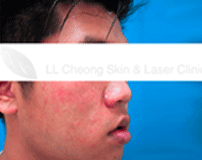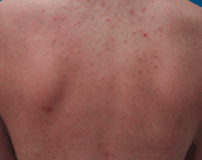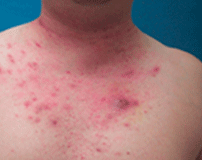



Acne is a type of inflammatory skin condition that causes pimples and pustules in areas where there are many oil (sebaceous) glands, mainly on the face, chest and back. It can show up as congested pores, whiteheads, blackheads and cysts.
Acne develops when oil, bacteria and dead skin cells clog the hair follicles, in turn causing inflamed pustules that leave behind marks or acne scars. Factors that can aggravate acne include diet, hormones, medications and stress.
Signs and symptoms of acne depend on its severity, but they generally include:
Likewise, treatment for acne depends on the cause and severity. Home remedies include removing surface oil from the face by washing with soap and water, or with medicated cleansers. Touching the face, and squeezing or scratching pimples should be avoided.
Oral medications like antibiotics, as well as creams and topical ointments may also be recommended and prescribed.
If home remedies and medications are proving to be ineffective, other less conservative treatments are chemical
peel, laser resurfacing and intense pulsed light (IPL) therapy.
Such treatments not only prevent acne from worsening, but can also be used as a form of acne scar removal.
The important thing when it comes to treating acne is patience. Most treatment options take 2
to 3 months to start working. It is important to give each option enough time to work before moving on to other
treatments.

Acne Scar

Acne Scar

Acne Scars on Back

Acne Lesions